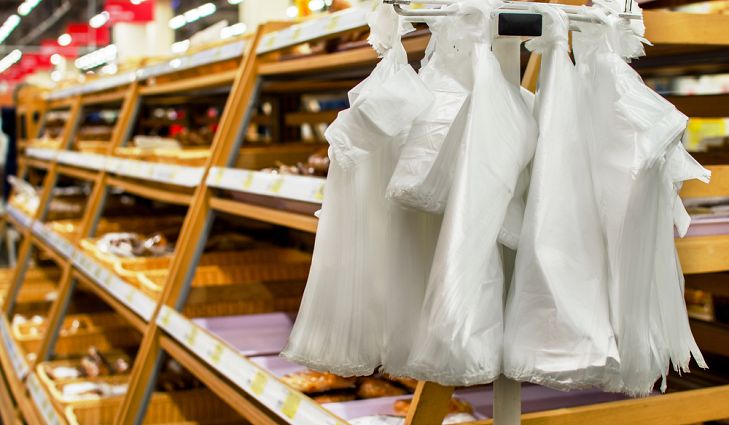
Malawi high court reinstates ban on plastic bags
Malawi’s highest court has imposed a ban on plastic bags and companies found guilty of violating the ban face fines and the possible closing of their facilities.

The government imposed the ban on thin plastic bags in 2015, but the move was overturned by the high court after a number of plastic manufacturers who operate in the southern-east African nation obtained an injunction, citing an “infringement of business rights”.
With the decision, Malawi joins Kenya, Rwanda and Tanzania among the handful of African countries that have passed plastic bans or operate them.
Speaking ahead of the judgment, the national chairperson for the Wildlife and Environmental Society of Malawi, Dr. Tiwonge Mzumara-Gawa, said Malawi needed the ban “because it’s the only way that we can effectively reduce the numbers of plastic wastes getting into our most precious lakes”.
“The issue of microplastics getting into fish is a food security, livelihood and health concern. The trial is key since as much as we can recycle, do clean up campaigns and the like, if it’s not illegal, we have no progress,” said Mzumara-Gawa, whose organisation was among those that fought for the ban.
Malawi has a number of freshwater lakes that provide food and livelihoods for local people.
But a report commissioned by the government, with support from the UN Development Programme and the Lilongwe Wildlife Trust, warned that the country’s largest freshwater lake, Lake Malawi, could run out of fish stocks by 2050 unless the use of thin plastics was curtailed.
The Lilongwe Wildlife Trust said Malawi produced 75,000 tons of plastic each year, of which 80% cannot be recycled.






